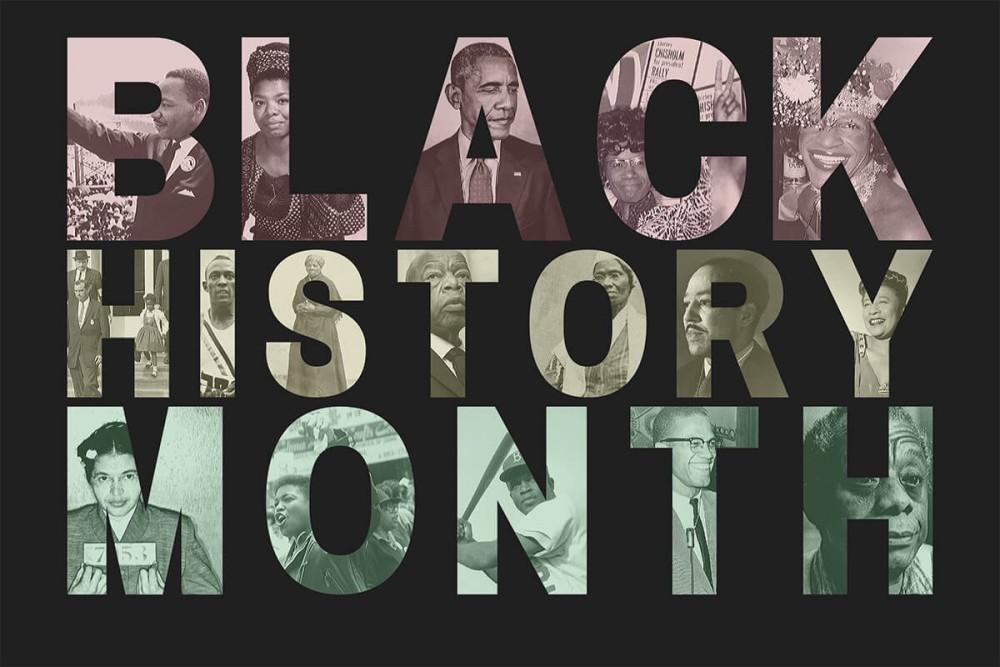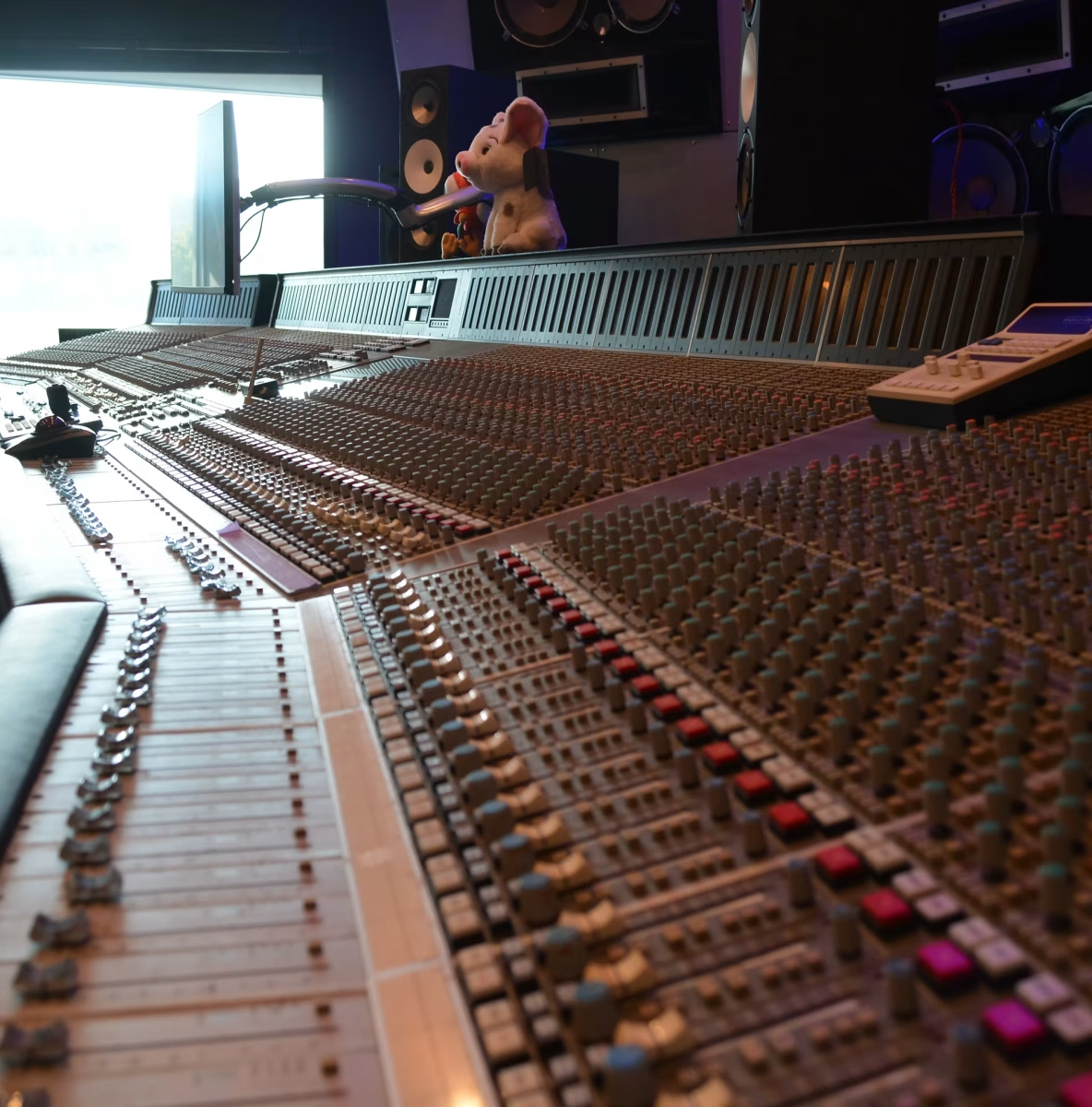On Sept. 15, late-night TV host Jimmy Kimmel commented on the arrest of the man accused of fatally shooting conservative political activist Charlie Kirk.
“We hit some new lows over the weekend with the MAGA gang desperately trying to characterize this kid accused of killing Charlie Kirk as anything other than one of them, and doing everything they can to score political points from it,” Kimmel said.
Kimmel’s comment sparked outrage, as many took to social media to express their discontent with his remark. This included Brendan Carr, the head of the Federal Communications Commission (FCC).
“We can do this the easy way or the hard way,” said Carr. “These companies can find ways to change conduct to take actions, frankly, on Kimmel, or there’s going to be additional work for the FCC ahead.”
In a surprising turn of events, ABC announced “Jimmy Kimmel Live!” would be taken off the air indefinitely. These events and the comments made by the FCC’s head raise questions about the role the FCC and the federal government play in policing free speech. We are concerned about the precedent set by the FCC’s involvement in this situation.
The FCC regulates interstate and international communications by many forms of media, overseeing public safety, according to the agency’s website. However, its authority to police speech content is limited primarily to broadcast obscenity, indecency, and profanity.
In 2018, prior to his appointment as FCC commissioner, Carr spoke much differently about the agency’s role than his recent comments and actions have indicated.
“The idea is that we don’t put a thumb on the scale in favor of one speaker or the other. The whole purpose of the First Amendment is to encourage strong, robust — perhaps rough in some situations — discourse,” he said, as quoted in an NPR article. “At the FCC, my job is to act consistent with the First Amendment in every single thing … and act consistent with the First Amendment rights of the media and the journalists, and I can commit to you that I’ll continue to do that.”
Now, as the head of the FCC, Carr appears to have aligned himself with President Donald Trump. His views on the agency’s responsibilities appear to have shifted, and we are concerned about the potential influence of politics on what should be an independent regulatory body.
Jimmy Kimmel was not the first comedian to face the wrath of the FCC. In May, it was announced that “The Late Show with Stephen Colbert” would be canceled despite nine consecutive seasons as the No. 1 late-night program, according to The Washington Post.
Colbert has been particularly outspoken about the president and his administration this year, often using his platform to express discontent. Many have questioned whether the cancellation of his show was intended to appease the president, as the parent company, CBS, may have sought to maintain favorable terms with the FCC.
In July, a couple of months after the cancellation of Colbert’s show, the FCC approved Skydance’s $8 billion acquisition of Paramount CBS.
Our government relies on checks and balances to keep power distributed and constrained. We worry that the FCC’s growing involvement in approving large media conglomerate mergers could result in the suppression of free speech, as top executives may prioritize keeping the president and the FCC satisfied to secure merger approvals.
The implications of such an environment would be harmful to the public and bad for free expression.
“The First Amendment operates as a restraint on the government,” Carr said.
But who will restrain the government if it is the very entity that is undermining the First Amendment?














